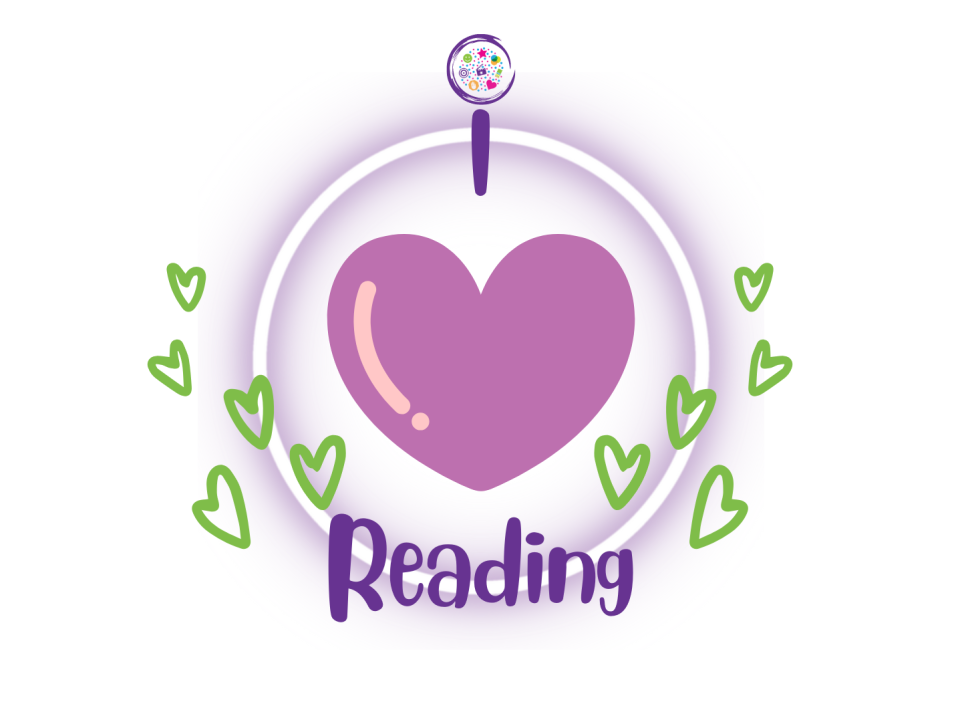Reading is a challenging subject that many children struggle with. The Foundational Skills Assessment results for Nanaimo show that 35% of students in Grade 4 and 32% of students in Grade 7 are not yet meeting expectations. The results are similar for the whole of British Columbia.
What makes reading so difficult? There are several factors such as phonemic awareness (letter sounds), exposure to reading/books, and/or a language-based learning disability such as dyslexia. I believe that part of the problem is because children are not taught to love reading. Instead, they are (accidentally) taught that reading is something they “MUST” do and that it is “HARD” and “BORING.”
Being a teacher, I thought my children should have come out of my womb knowing how to read! When my son’s grade three teacher called me in to suggest that my son had comprehension issues and that perhaps we might need to consider that there was something “wrong,” I had to admit that it was simply because he wasn’t reading. How could he understand the questions asked when he wasn’t reading the material? I emphasized to the teacher that I had done everything on the “reading checklist” to ensure he would be an early reader and a voracious reader. However, my son taught me something that wasn’t on the checklist: I didn’t see what he wanted to read as the right readable materials. When my son and I sat down to talk about this non-reading issue and how it was starting to affect his schooling, he was able to suggest to me that graphic novels were the thing for him. They engaged him. And guess what? He started coming to the library with me enthusiastically and whizzing through comprehension questions at school!
Ideas for Helping Your Child Fall in Love with Reading
First, explain why reading is important, fun, and rewarding. Good reading skills help you find interesting information. Reading can enrich your life and help you learn about different people, places, cultures, or how to build a rocket ship!
Second, model reading for your child. Set an example by reading regularly so your child doesn’t think, “Mom and Dad don’t read, so why should I?” Additionally, spend some time every day reading to your child and helping them sound out words and letters (phonemic awareness). Have plenty of reading materials around: books, magazines, newspapers. Have them in print or electronic form. Libraries are great places to get books and the Vancouver Island Regional Library has a subscription to Zinio, one of the largest online magazine retailers. You can download and read a large variety of magazines for free!
Games also make it fun to learn reading. The types of games you play can be tailored to the age of your child, and the complexity of the words. Try the following:
- Word Walls – Write words on index cards (or print them on business card paper). Make two identical sets you can put up one set of words on the wall and use the other set as a deck of cards. Get your child to draw cards from the deck and match them to the words on the wall.
- Eye Spy – Have your child come up with words that rhyme, start with a particular sound (ch – chocolate), or end with a particular sound (ing – eating). This will help your child become familiar with the whole word rather than just the beginning or the end.
- Word Hunt – Take the index cards you made earlier and place them face down. Have the child hunt for a specific word or words. As they turn over each word, have them say it out loud so they can learn as they go.
- Word Twister – Use green painter’s tape to make a Twister playmat by putting letters on your floor; or, if the weather is nice, use chalk on the outside area. Make a spinner wheel with cardboard and a t-pin. Have your child (and their friends!) use the letters to spell words with their bodies.
- Word Hopscotch – Same idea as above, but have them spell out different words and sound out the letters as they hop.
There are also a number of online games. A quick Google search will help you find some that work for you.
If your child has dyslexia or another learning disability, it may be best if you work with a professional to help your child develop to their fullest.
Tutoring…With A Twist* tutors not only support learners in every subject area, but we also support them with life skills. By helping learners develop the tools they need to succeed in the classroom, we also help them develop the tools needed to succeed in life.
*Services provided by With a Twist Education Ltd.

